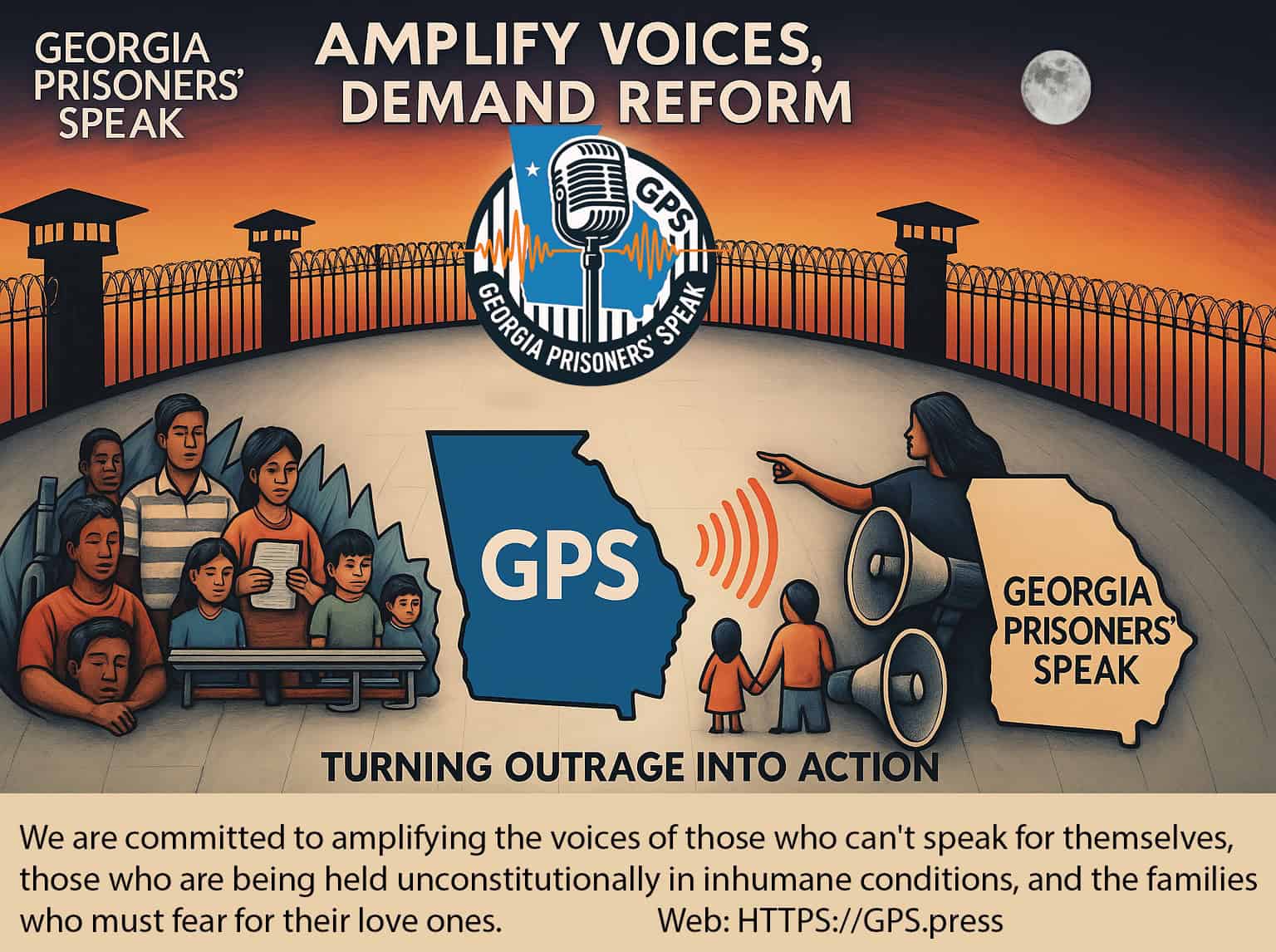Scores are usually rock bottom after incarceration. Credit determines access to housing, employment, and financial stability. 80% of inmates fall behind on bills while incarcerated. Years inside destroy credit histories. Banks often refuse accounts to people with criminal records. Without credit, formerly incarcerated people can’t rent apartments, finance cars, or build the financial foundation needed to stay out. Georgia releases people with destroyed credit and no plan to rebuild it. 1
The Credit Crisis After Release
Incarceration destroys credit through:
- Missed payments—bills continued while income stopped
- Inactive accounts—no credit activity for years
- Collections—debts sold while incarcerated
- Identity theft—sometimes discovered only after release
Without credit, housing becomes impossible. Without housing, employment becomes impossible. Without employment, recidivism becomes likely.
Steps to Rebuild
Credit rebuilding requires a systematic approach:
- Get free credit reports—AnnualCreditReport.com provides reports from all three bureaus
- Dispute errors—incarceration periods often contain reporting mistakes
- Address collections—negotiate payment plans or settlements
- Open a secured credit card—deposits become credit limits, building payment history
- Consider credit builder loans—small loans held in savings while you make payments
Payment history and credit utilization make up 65% of credit scores. Consistent on-time payments on even small accounts rebuild credit over time.
Avoiding Predatory Traps
Formerly incarcerated people are targeted by predatory lenders:
- Payday loans—APRs of 300-400%
- High-interest store cards—rates over 30%
- “Buy Here Pay Here” car lots—exploitative financing
- Credit repair scams—charging for services you can do free
Credit unions offer better alternatives—lower fees, fewer requirements, and willingness to work with people rebuilding credit.
Resources Available
Free help exists for credit rebuilding:
- National Foundation for Credit Counseling (NFCC)—free credit reviews and counseling
- Local credit unions—often serve people banks reject
- Reentry programs—some include financial counseling
- Legal aid organizations—help disputing errors and addressing identity theft
Georgia provides none of this systematically. People must navigate credit rebuilding alone.
Take Action
Use Impact Justice AI to send advocacy emails demanding financial support for returning citizens. The free tool crafts personalized messages to Georgia lawmakers—no experience required.
Demand:
- Credit education before release
- Partnerships with credit unions for returning citizens
- Protection from predatory lenders targeting formerly incarcerated people
- Reentry programs that include financial counseling
Further Reading
- How Prison Education Lowers Recidivism Costs
- $700 Million More—And Nothing to Show for It
- GPS Informational Resources
- Pathways to Success
About Georgia Prisoners’ Speak (GPS)
Georgia Prisoners’ Speak (GPS) is a nonprofit investigative newsroom built in partnership with incarcerated reporters, families, advocates, and data analysts. Operating independently from the Georgia Department of Corrections, GPS documents the truth the state refuses to acknowledge: extreme violence, fatal medical neglect, gang-controlled dorms, collapsed staffing, fraudulent reporting practices, and unconstitutional conditions across Georgia’s prisons.
Through confidential reporting channels, secure communication, evidence verification, public-records requests, legislative research, and professional investigative standards, GPS provides the transparency the system lacks. Our mission is to expose abuses, protect incarcerated people, support families, and push Georgia toward meaningful reform based on human rights, evidence, and public accountability.
Every article is part of a larger fight — to end the silence, reveal the truth, and demand justice.

- GPS Statistics, https://gps.press/gdc-statistics/[↩]
